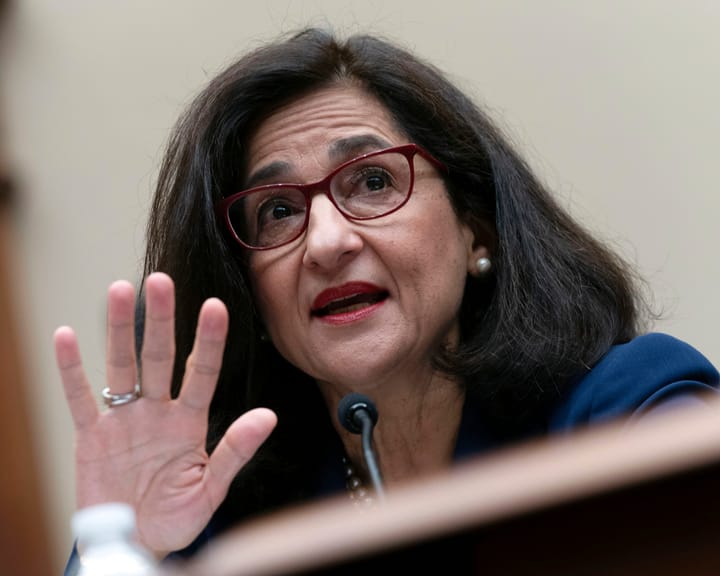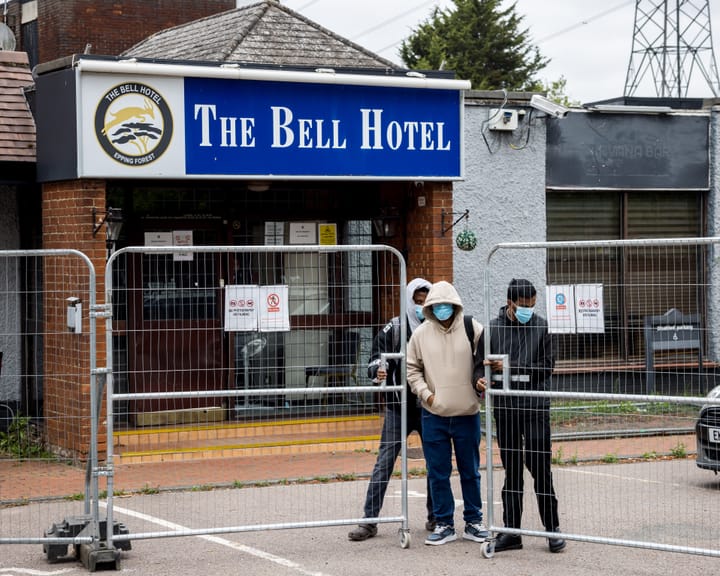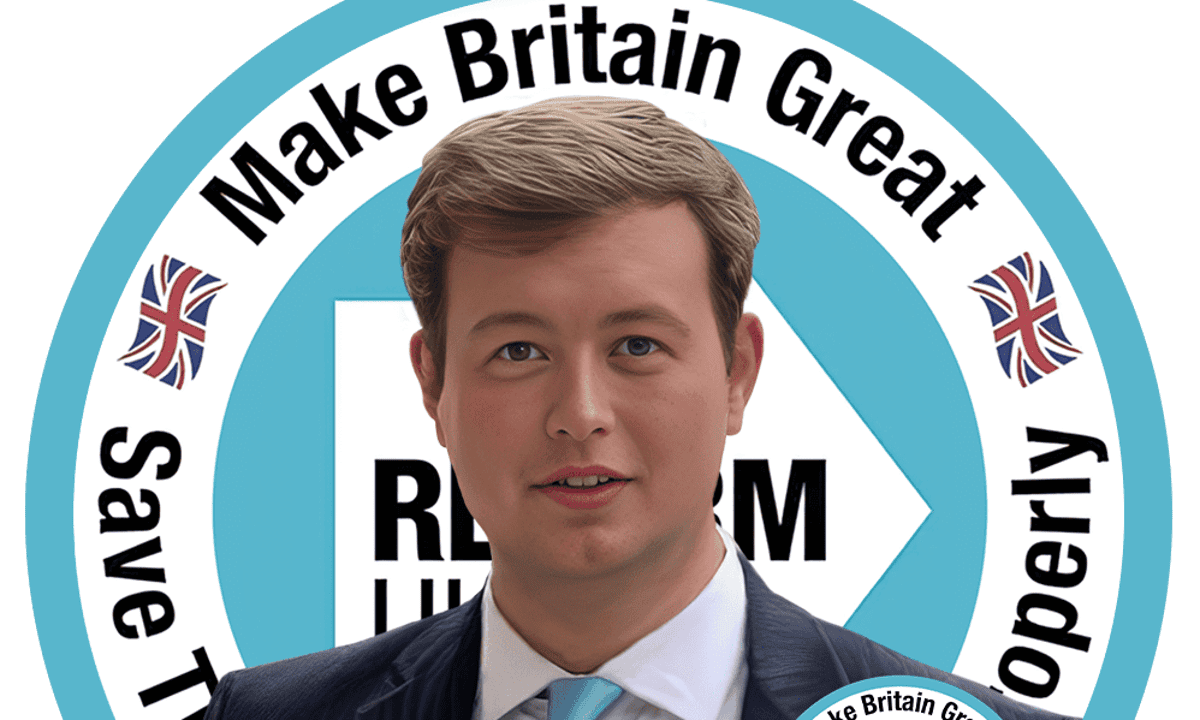Pressure mounts on UK's Reform Party for evidence supporting authenticity of their general election candidates amid concerns over lack of information provided by hopefuls. Questions arise after several individuals stand without submitting photos, biographies, or contact details prior to the recent election.
Reform counters claims with assurance that all 609 of its candidates on July 4th were genuine while recognizing some as "minimal involvement" candidates who did not conduct active campaigning but contributed to raising party's vote count.
The Liberal Democrats urge Reform Party for transparency, advocating the need for evidence supporting candidate legitimacy in a democratic context.
An investigation reveals that some of Reform's candidates are listed on the website with limited information, showing only name and constituency without additional details or contact information apart from a regional email address. Their absence at electoral counts further adds to concerns surrounding their authenticity.
Reform insists its listings adhere to electoral rules, requiring full names and residential areas for candidates while mandating an agent's involvement and support by ten local voters. However, the party faces scrutiny over whether these individuals are present on the electoral register in their respective constituencies, with some having residences hundreds of miles away.
In one case, a person sharing similar name and residence to a Reform candidate denied association, raising questions about authenticity. While there is no concrete evidence pointing to falseness among candidates, failure to provide legitimate identification would constitute an electoral offence if proven true.
Reform maintains all its candidates are real, with some initially serving as "paper candidates" who did not engage in active campaigning but ultimately contributed to the party's overall vote tally. One candidate, James McMurdock of South Basildon and East Thurrock, transitioned from being a paper candidate to winning his seat.
Amidst concerns over one candidate's authenticity due to an unconventional election photograph, Mark Matlock insists on the reality of his existence while explaining the alterations made for the image. Despite missing the election count, citing pneumonia as the reason, he confirms undertaking a leaflet drop and acknowledges the challenges faced during the campaign period.
Additionally, it comes to light that Reform Party amassed significant funding in their final week of campaigning, with Zia Yusuf being one of the notable donors who contributed substantially. The party also received financial support from other sources like Jeremy Hosking and Andrew Bridgen, adding further complexity to ongoing discussions around transparency within political parties.
Read next

"Starmer appoints ex-Bank deputy governor as top economic advisor"
Minouche Shafik to Become Keir Starmer’s Chief Economic Adviser
Former Bank of England deputy governor Minouche Shafik is expected to join Keir Starmer’s team as his chief economic adviser.
Her appointment comes as the prime minister’s office prepares for the autumn budget, following Shafik’s recent leadership

"Home Office wins appeal allowing asylum seekers to stay at Epping hotel"
The appeals court has determined that the injunction issued by the high court should not have been approved.
Those involved acknowledge they have become part of a broader discussion about how asylum seekers are managed and urge the public to recognize that the Bell hotel was only fulfilling a government-mandated

"Scottish Greens' new leaders push for universal income and free bus fares"
Scottish Greens' new leaders, Ross Greer and Gillian Mackay, have pledged to advocate for a universal income, free bus travel, and increased taxes on high earners following a subdued leadership race.
Greer and Mackay, previously backbench MSPs at Holyrood, were elected co-conveners of the Scottish Greens with a notably

